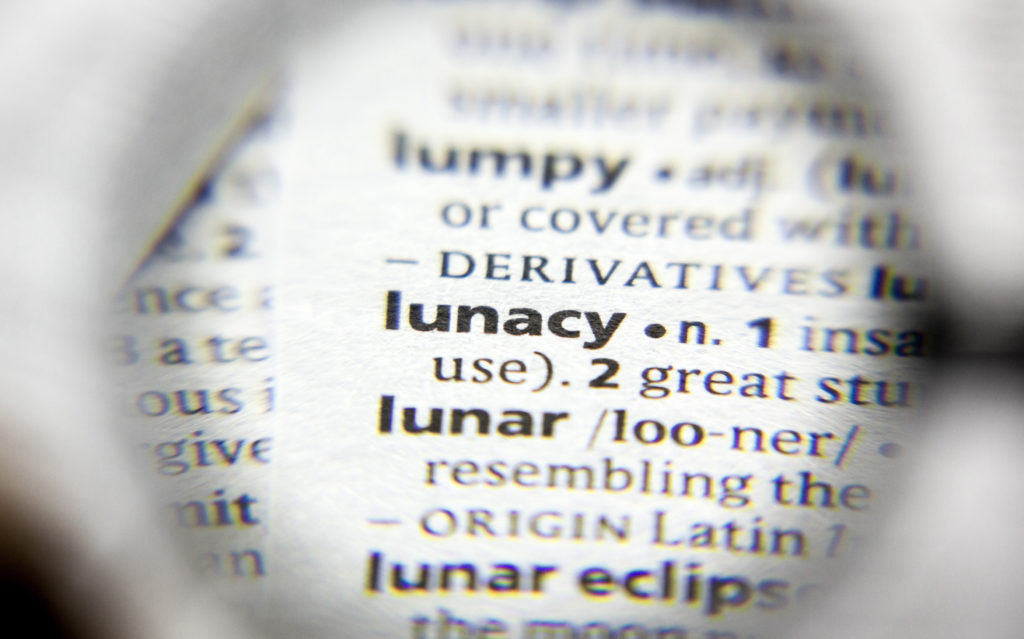Making Gilead real

When Margaret Atwood first wrote “The Handmaid’s Tale,” she suffered a crisis of confidence not uncommon to writers of fiction. Verisimilitude, the appearance of authentic reality, is one of the novelist’s most difficult jobs, and Ms. Atwood wasn’t sure if she’d got it right. After all, could a white supremacist theocracy really overthrow the United States government?
True, “The Handmaid’s Tale” was published in 1985, deep in the obsidian heart of Reagan Country. But even so, there were limits to how far even the most pessimistic imagination could go.
Today at 82, Atwood has no doubt about the verisimilitude of her dystopian vision, first conceived when she was in her early to mid 40s. In the 37 years since Handmaid was published, she understands that the United States has moved alarmingly closer to Gilead, the fictional nation she envisioned for the novel. Many today see her more as a prophet than a novelist, who understood with 2020 foresight the slippery slope we occupied when Ronald Reagan first popularised the toxic admixture of church and state.
“Theocratic dictatorships do not lie only in the distant past,” Atwood wrote recently in The Atlantic, “There are a number of them on the planet today. What is to prevent the United States from becoming one of them?” Nothing but a couple of elections, perhaps?
Slippery slopes are often slipperier than we like to think. Fifty years of settled law has been relied on to Constitutionally protect women’s reproductive rights, beginning with the landmark Roe v. Wade decision. Roe is not merely settled law but enshrined in half a century of precedent and ironically protected by a document that doesn’t even mention women at all. Now a heavily religiously biased court has fired the first shot in a cultural war that could bring Roe down.
Atwood puts it this way: “Women were nonpersons in U.S. law for a lot longer than they have been persons. If we start overthrowing settled law using Justice Samuel Alito’s justifications, why not repeal votes for women?”
Why not indeed? It may seem preposterous now, but just 37 years ago “The Handmaid’s Tale” seemed preposterous to the very woman who first conceived it. Conservatives just might make Gilead real. For now we have our voices and our votes and damned little else. For now we have a Republic — if we can keep it. And, as ever, ladies and gentlemen, brothers and sisters, comrades and friends, stay safe.

Robert Harrington is an American expat living in Britain. He is a portrait painter.
